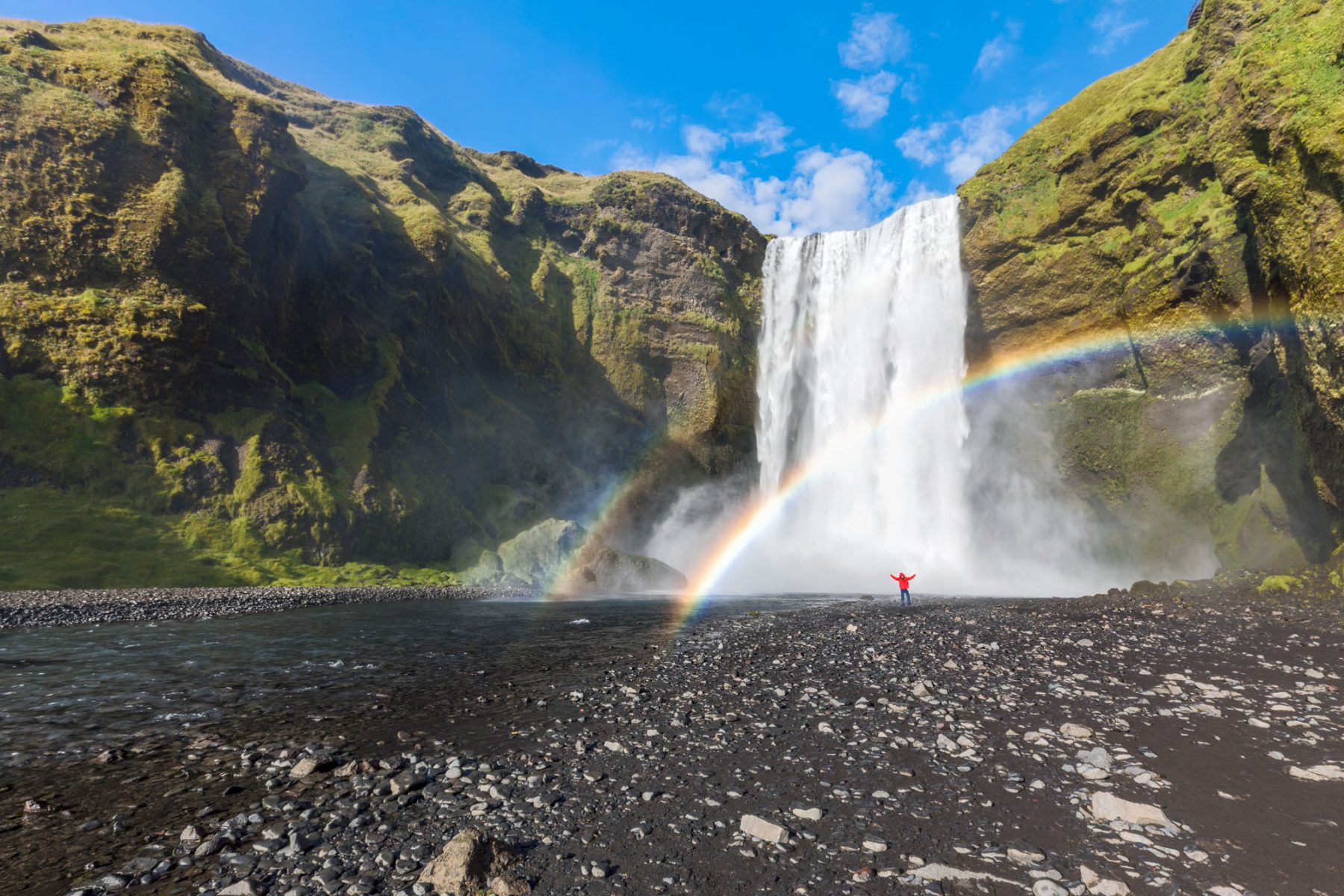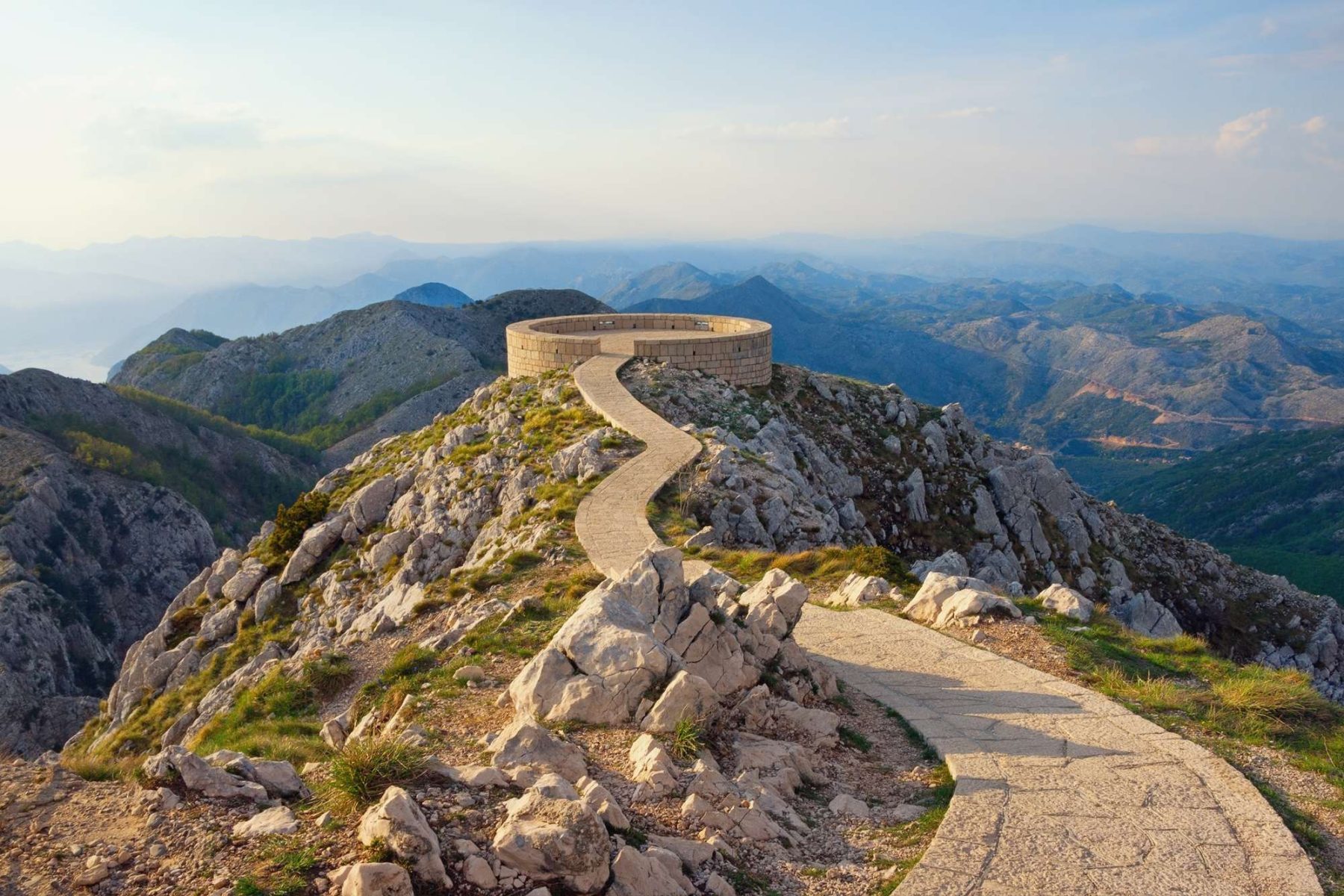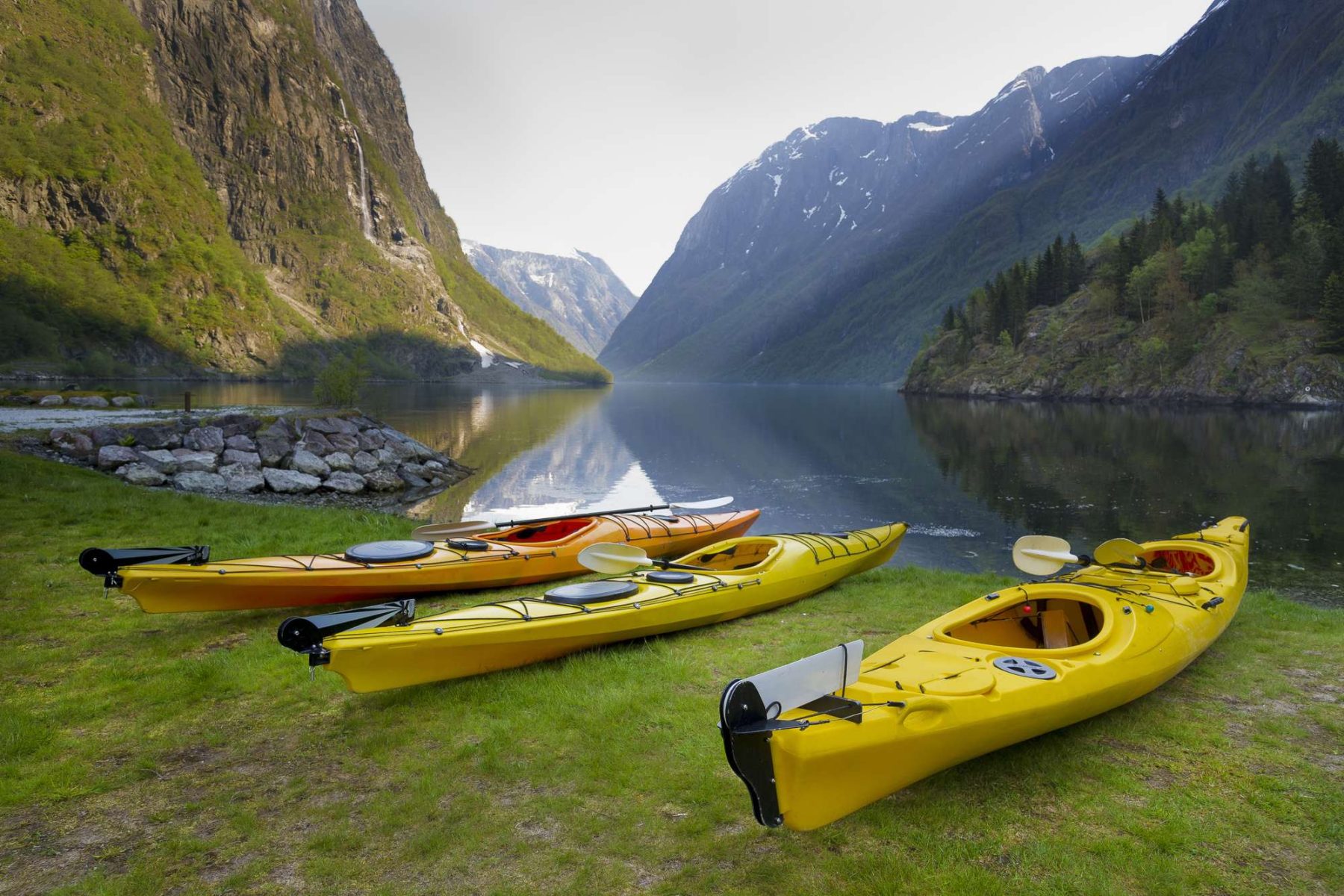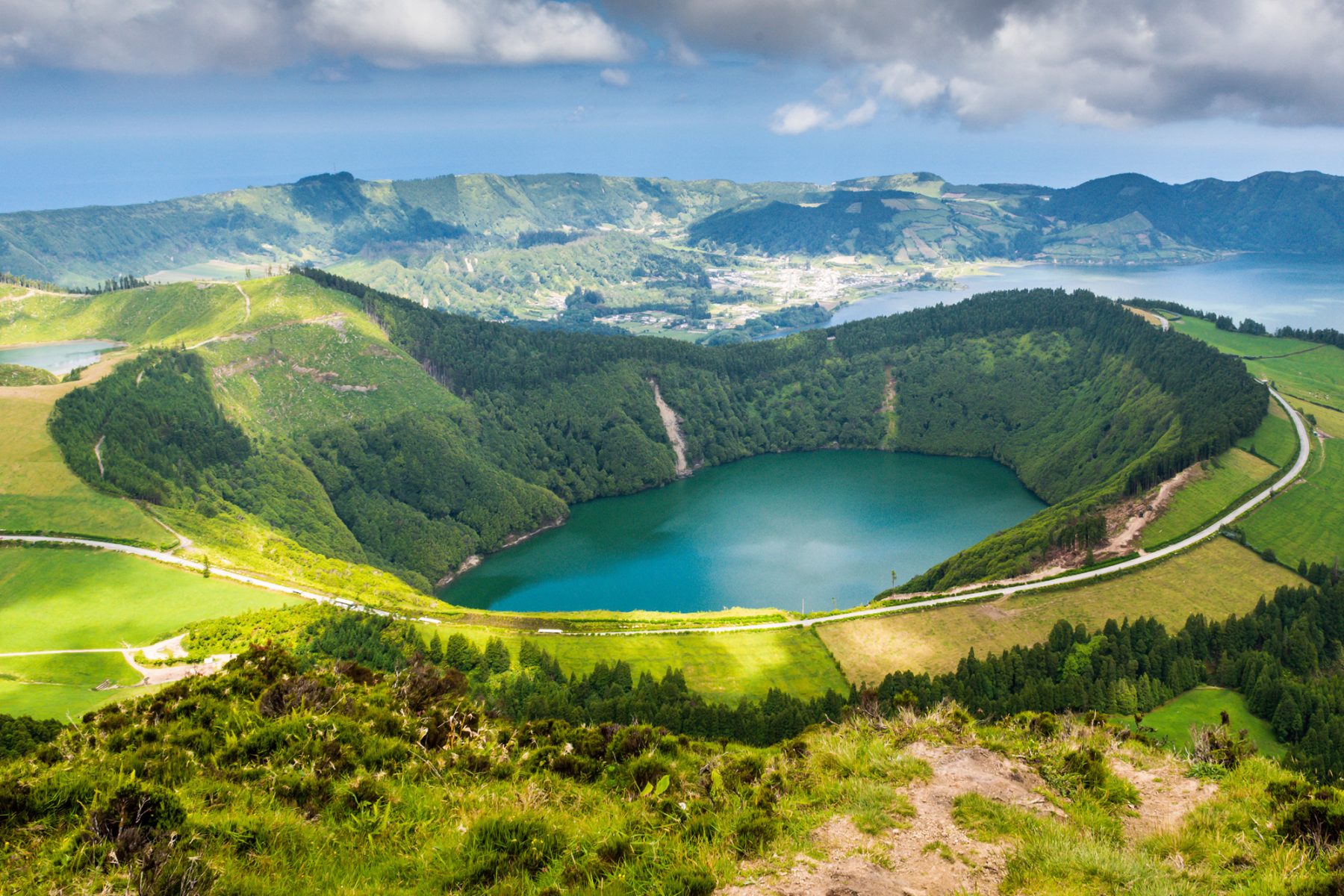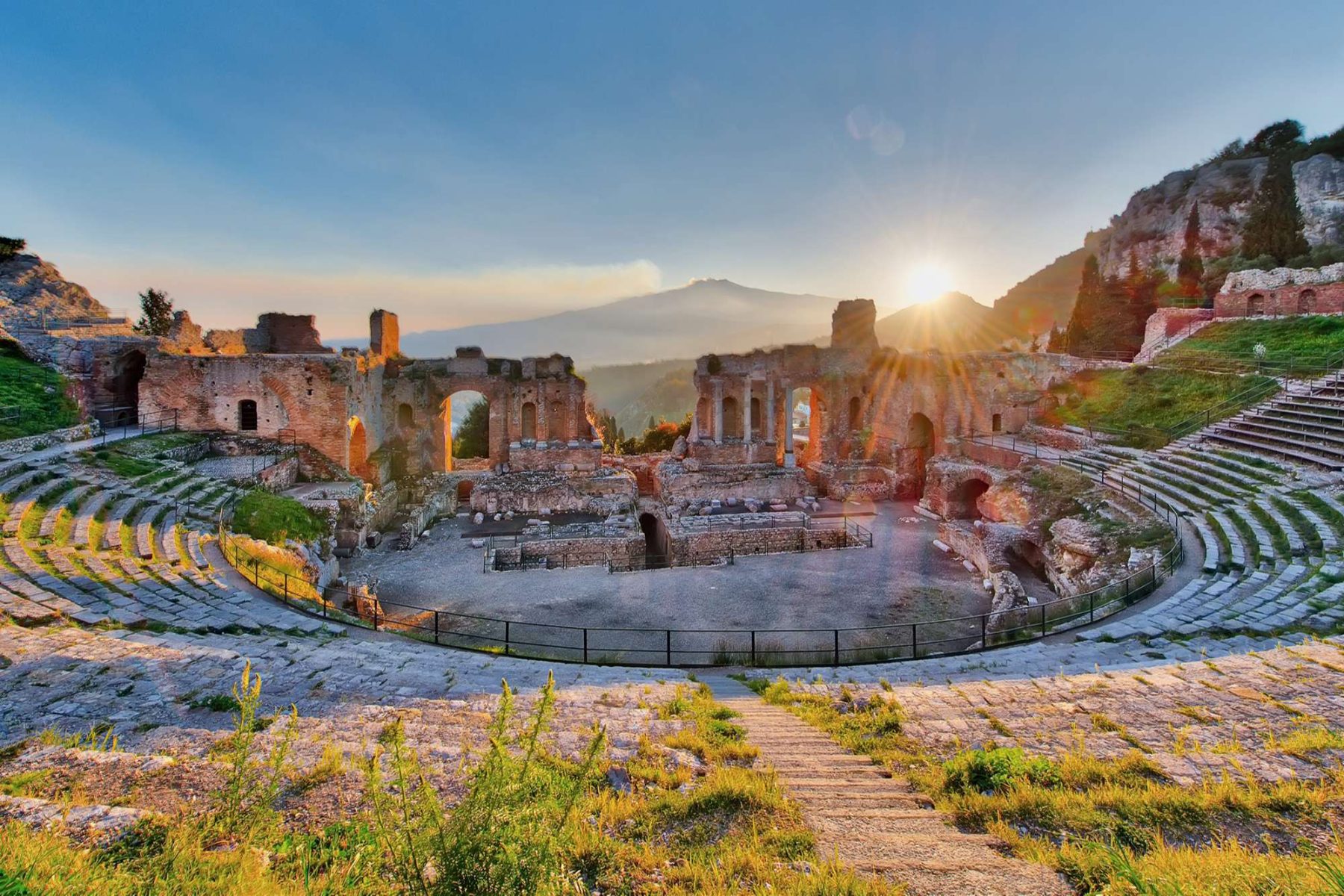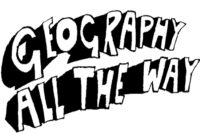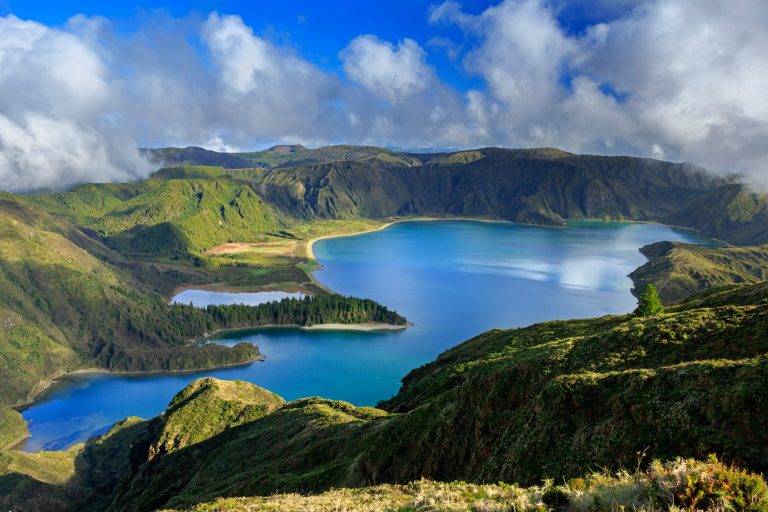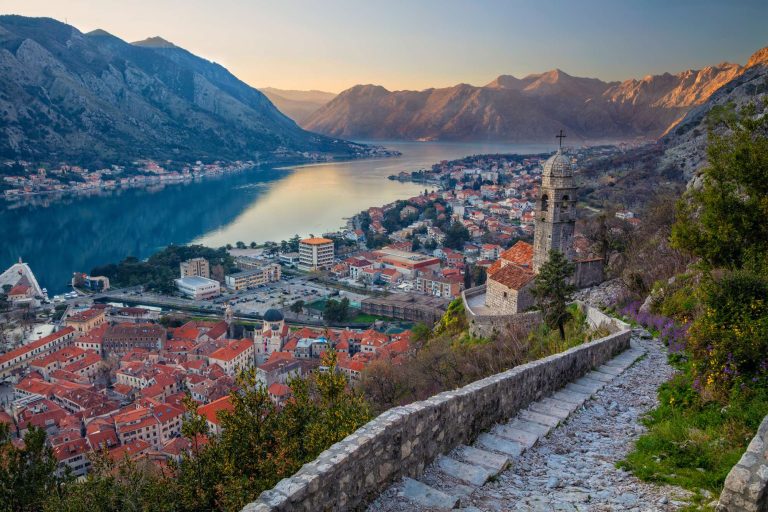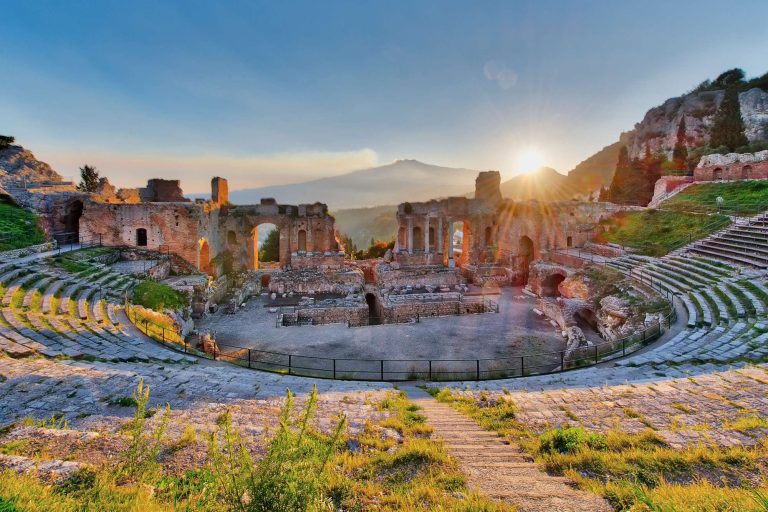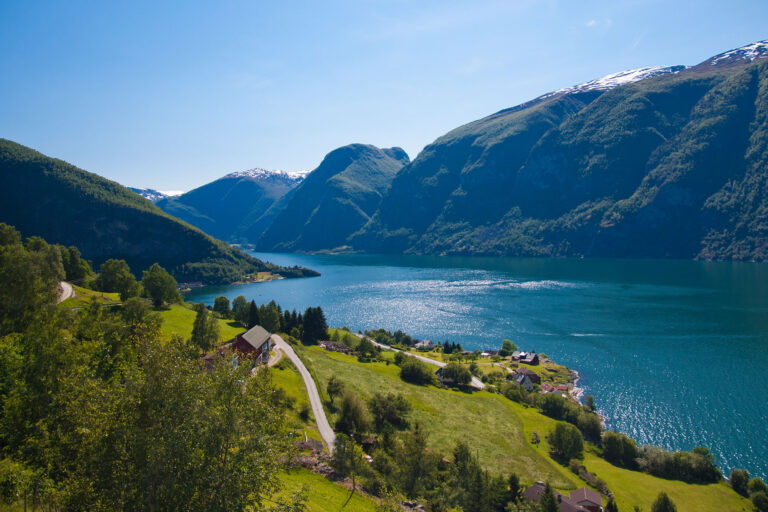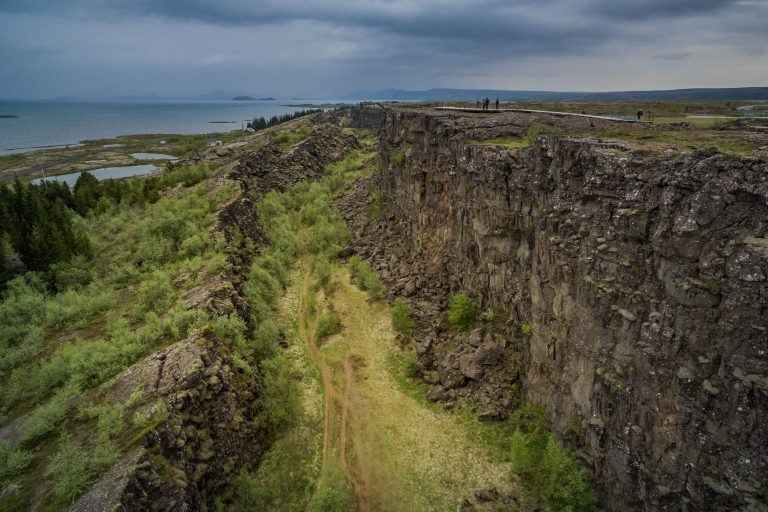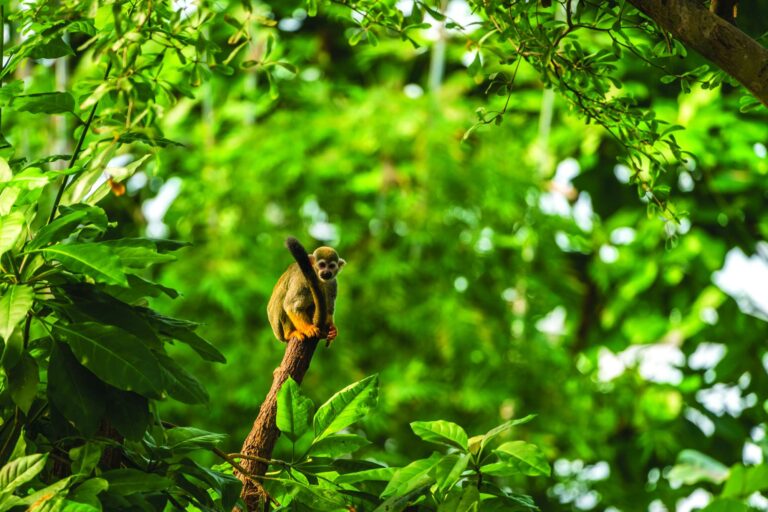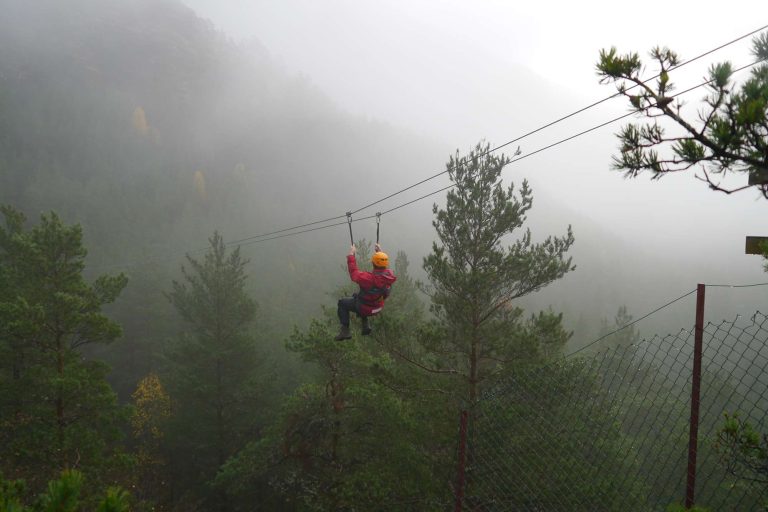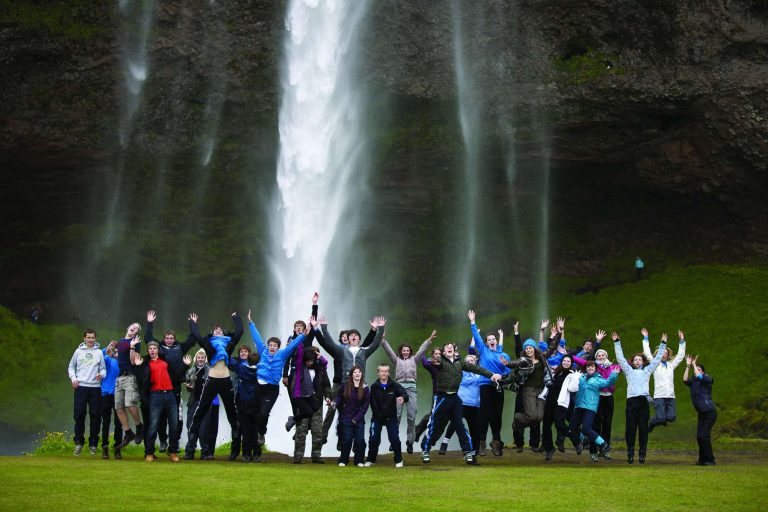DISCOVER OUR WORLD
SUBJECTS
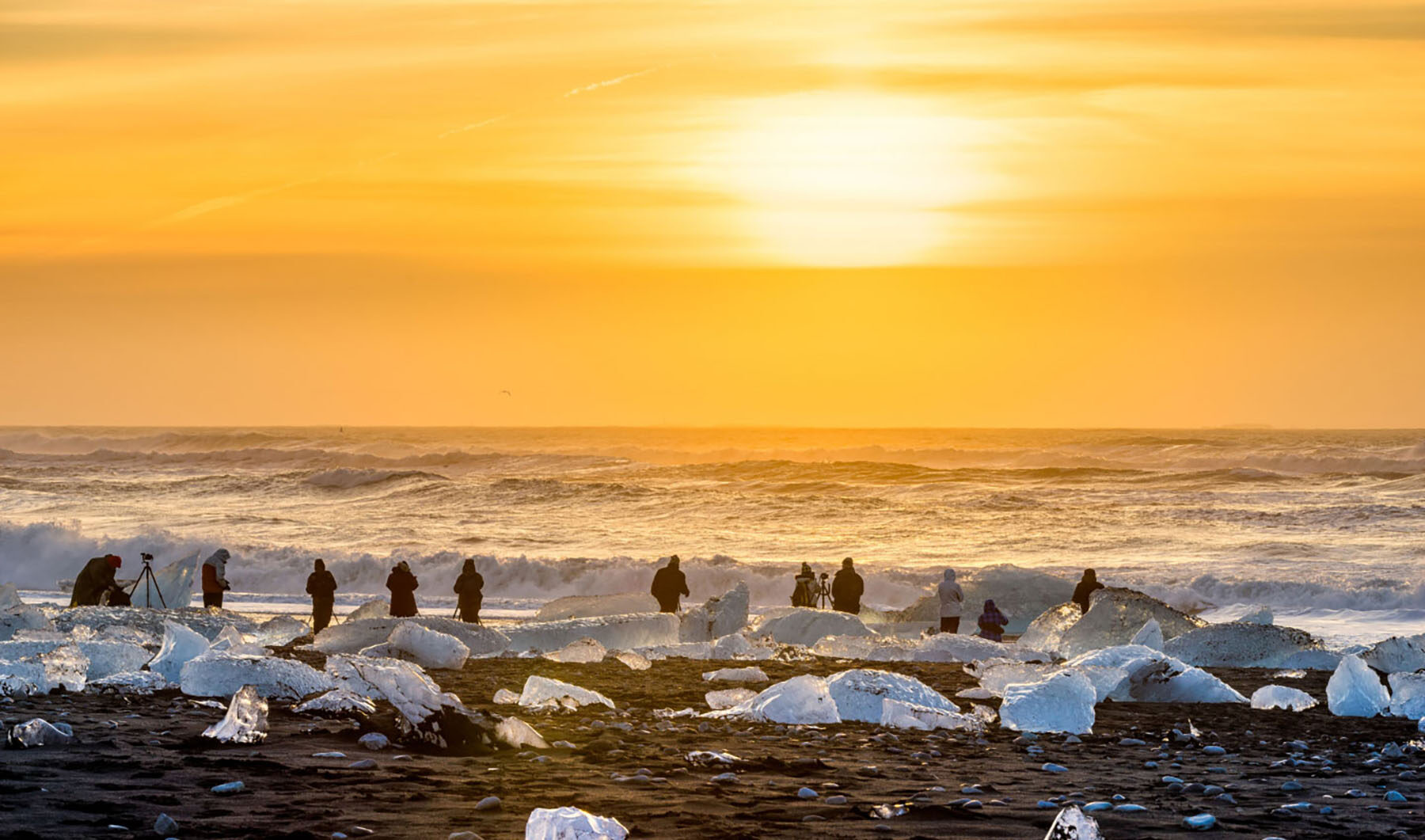
Latest blog articles
Latest blog articles
Exam tips for teachers: How to prepare students (and yourself) for exam season
Our top tips to help both teachers and students with exam pressures.
Read more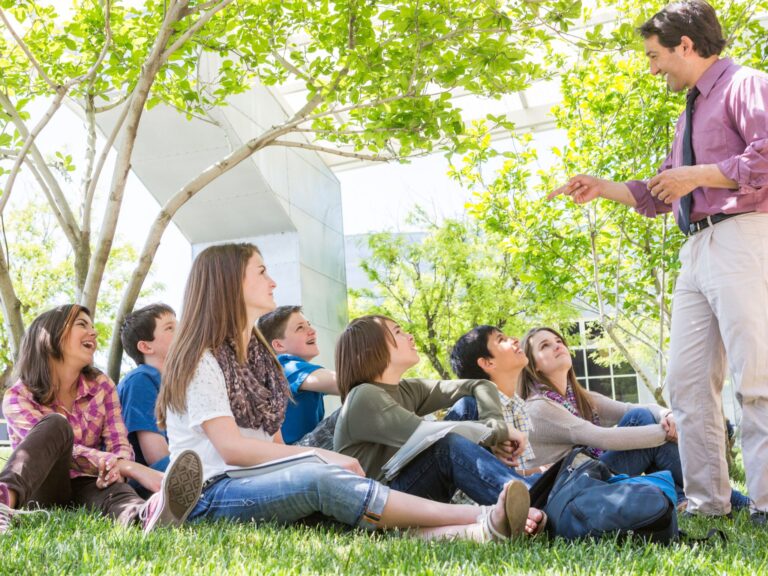
The Outdoor learning benefits for students: How to enhance your lessons through outdoor education
We share the many benefits of outdoor learning and how you can use this in your lessons outside of school trips.
Read more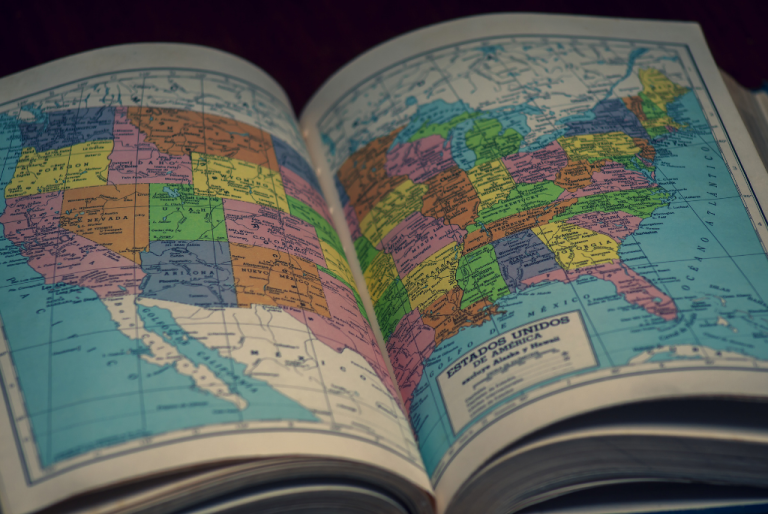
The Best geography books for your classroom: 14 recommendations for primary and secondary students
Reading is a critical part of building knowledge in any school subject. But for geography students, books can help unlock new destinations, describe landscapes and decode facts.
Read more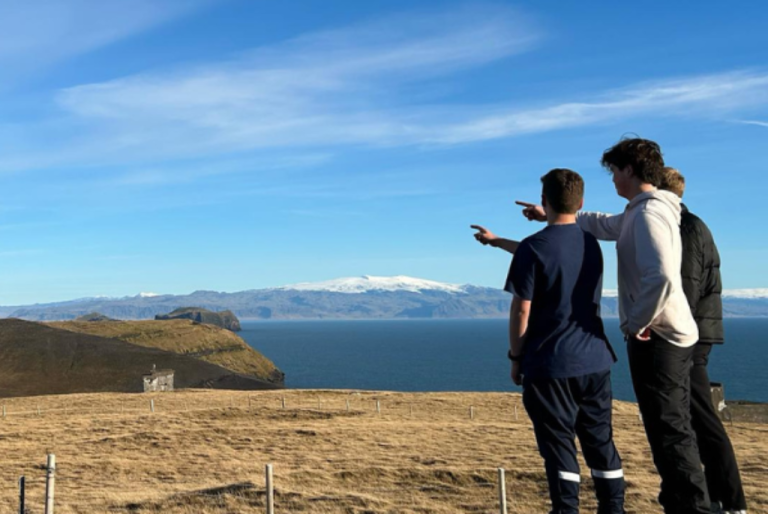
Why geography is important- Skills That Go Beyond The Map. Plus Resources!
The importance of geography is often overlooked but the subject offers lots of skills that benefit students in their everyday lives.
Read more